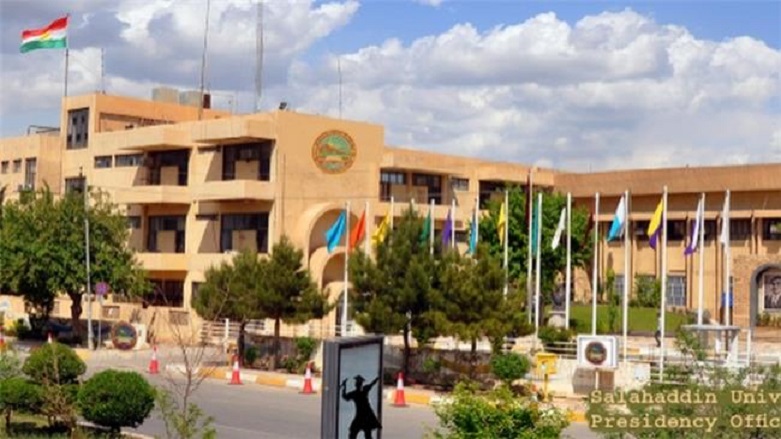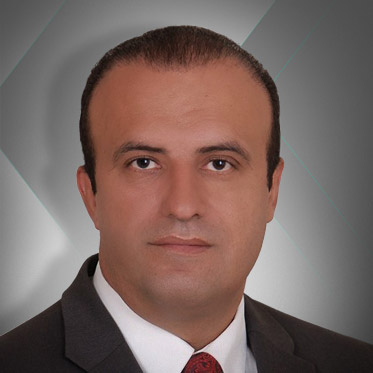Post-pandemic views on higher education in the KRG

The COVID-19 pandemic has had an enormous impact on education, from K-12 to higher education, in the Kurdistan Region. It has instigated great economic, social, political, and educational indemnities, and has placed the Kurdistan Regional Government (KRG) in a salient state of crisis and instability.
Students are the highest stakeholders as they encompass a vast section of the Kurdish population. One of the areas to examine is the level and form of the KRG’s readiness to cope with such a crisis. Although it entails further profound research and analysis, this article aims to briefly distinguish some of the root-causes and address some of the issues relevant to the current predicaments:
Politicization of educational system and political instability
Despite the presence of numerous political factions and the participants of the current inclusive government, there is still intense political disparity among the academic and intellectual elites, which has turned into political and educational conflicts. This could impair the decision-making system and propel the populist politicians to make ravaging decisions. In contrast, during this pandemic, a good rapport and multilateral collaboration between the Ministry of Higher Education and Minister of Education was perceptible, which is a drastic change to the KRG’s politics in this cabinet. The ministers of education and higher education played a vital role in joining the forces to remedy the situation – regardless of political discrepancies and views – and acquire the most realistic resolution based on the prevailing resources and constraints.
Few educational reformists and prevalence of the traditional educational elite
Leaders who believe in innovation and pioneering the new changes and adapt the new academic methods and systems are scarce. There is a growing reluctance and resistance toward implementing the online education system from the educational elite perspective to the academics and students. Hence, the leaders need to reform the system and join the new global education culture, which is heavily focused on online education.
Lack of long-term strategic academic planning and educational reformists
Ostensibly, the tendency of the politicians and leaders who frequently supported the neo-educational platforms and the concept of online educational models exposed spurious. In contrast, they resisted the new academic transformation, which has adversely impacted education in the Kurdistan Region. Academic reformist leaders need to develop firm trust and devise short-term and long-term plans to cope with similar crises in the future and ensure educational preparedness.
COVID-19 significantly stressed the need for academic and technocrat leaders in universities
The leaders can perform drastic enhancements in this obsolete bureaucratic system of education that needs major renovation. Undoubtedly, the KRG is in dire need of audacious academic leaders who can make decisive resolutions, disregarding the political and populistic influence to secure the future of the students and support the public interest.
Pandemic an acrimonious experience to assess preparation level of public and private universities’ infrastructure related to e-learning
The COVID-19 pandemic was a great opportunity to apprehend that most of the university systems in the Kurdistan Region are outdated and lack an e-learning presence. They lack the required academic infrastructure to convert to a contemporary online educational system. This is also accurate regarding the academic and administrative staff who, likewise, needs modernization regarding continuous training and development.
An extensive number of teachers are unacquainted with new technologies and are incapable of effectively utilizing electronic resources and online education
This is a huge obstacle toward fostering the education system and a discouragement to the students. Hence, the Ministry of Higher Education and the universities should engage in extensive training to update their skills and possess superior core competencies to compete in the new era of digital transformation.
Students’ unfamiliarity with current technologies another drawback
The academic regression is directly connected to the secondary and post-secondary education system. There is a huge scientific gap in the educational system owing to the insufficient preparation of the students for college and university. Hence, it is vital to update the current educational system in the primary, secondary, and post-secondary schools to adequately prepare students for higher learning.
A multilateral collaboration is fundamental between the Ministry of Education and Ministry of Higher Education
It is crucial to form a uniform strategy and unified policies to prepare the students with a more effective educational system to compete in the job market. Fortunately, both ministers were cooperative despite their dissimilar political affiliations.
Universities need to be re-examined regarding academic and electronic infrastructure
The Ministry of Higher Education should issue firm policies on the electronic system developments and encourage the universities to adhere to their policies and guidelines. Online education should become a solid and integrated part of the educational system in the Kurdistan Region as it is considered the future of education.
An academic, writer, and publisher, Dr. Saqi Barzani is the President of the American Stratford University. He holds a PhD in Leadership & Management with a specialization in E-government. He served as Editor-in-Chief of Klawrojna, an online Kurdish -English Newspaper, for 15 years.
The views expressed in this article are those of the author and do not necessarily reflect the position of Kurdistan 24.
Editing by Karzan Sulaivany
